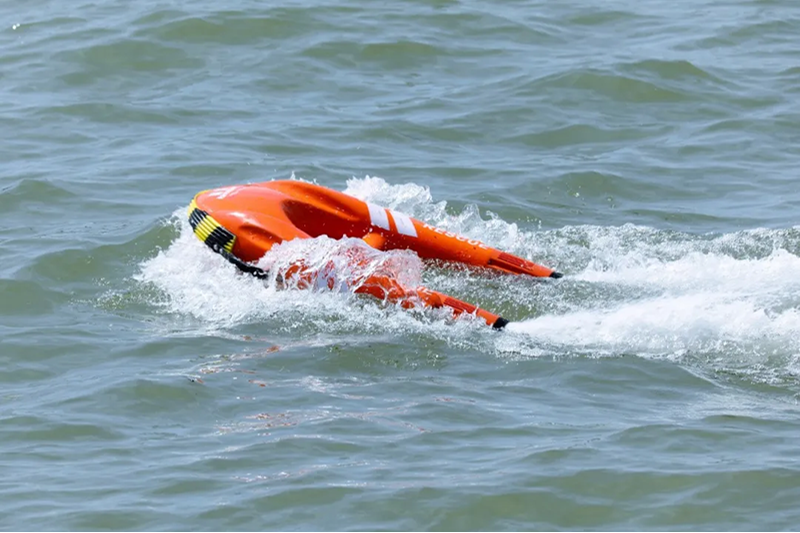The Rise of Sustainable Electric Jet Boats in Commercial Transport
Market Shift Toward Eco-Friendly Watercraft Solutions
The global market is experiencing a significant shift towards sustainable electric jet boats, driven by growing environmental awareness among both consumers and businesses. This trend reflects a broader movement towards eco-friendly solutions across various industries. Market research suggests that the global electric watercraft market is set to achieve a compound annual growth rate (CAGR) of over 20% in the coming years. This growth is fueled by increasing demand for efficient, zero-emission vehicles that can reduce the carbon footprint of maritime operations.
Leading marine manufacturers are actively responding to this trend by launching innovative models that meet eco-friendly standards without compromising on performance. Companies are investing heavily in the development of electric jet drive boats, designed to cater to the demands of eco-conscious consumers. These innovations are not just about sustainability; they also offer enhanced performance, quieter operations, and lower operational costs over time. As the market continues to evolve, we can expect to see further advancements in electric propulsion technologies, reinforcing the appeal of these watercraft to both commercial operators and recreational users.
Regulatory Drivers Embracing Zero-Emission Vessels
Governments around the globe are increasingly embracing stringent regulations aimed at reducing carbon emissions, which positions electric jet boats as a viable alternative. The International Maritime Organization (IMO) has been instrumental in this shift, implementing policies that incentivize the adoption of zero-emission vessels. These regulations are part of a global effort to combat climate change, prompting significant investment in electric marine technologies.
In support of these new directives, many governments are offering incentives and subsidies to companies that integrate sustainable practices into their fleets. This further propels the market for electric jet boats, making them an attractive option for businesses looking to meet regulatory standards and leverage financial benefits. As these frameworks become more prevalent, the adoption of electric jet boats is expected to accelerate, underscoring their role as a central feature of future commercial transport strategies.
Operational Advantages of Electric Jet Drive Boats
Zero Emissions & Reduced Environmental Impact
Electric jet drive boats offer substantial environmental benefits, contributing to cleaner waterways and lowering carbon footprints compared to traditional fuel-powered vessels. By eliminating emissions from combustion engines, these boats can significantly improve water quality, especially in urban waterways and sensitive ecosystems. Research has consistently shown the positive impact of sustainable electric jet boats on water purity, supporting eco-friendly initiatives and promoting healthier aquatic environments.
Lower Maintenance Costs vs. Combustion Engines
One of the major advantages of electric jet drive boats is their reduced maintenance requirements compared to combustion engines. Electric motors generally require less upkeep, which translates to cost savings for operators over time. Studies comparing operational costs have demonstrated that fleets utilizing electric jet boats can cut maintenance expenditures by up to 30% or more, further proving the economic viability of these modern vessels.
Noise Reduction for Enhanced Passenger Experience
Electric jet boats are known for operating with significantly lower noise levels, which enhances the experience for passengers and benefits marine wildlife. Research indicates that reduced noise pollution contributes to higher passenger comfort and satisfaction ratings, making these vessels ideal for eco-tourism and recreational activities. By minimizing auditory disturbance, electric jet boats also help preserve the natural tranquility of aquatic environments.
Instant Torque Delivery for Quick Transport Efficiency
The unique design of electric jet propulsion allows for instant torque delivery, which results in improved acceleration and transport efficiency. Case studies have shown that electric jet drive boats can accelerate more quickly than their combustion engine counterparts, significantly reducing travel times for passengers. This instantaneous delivery of power ensures efficient operation, making electric jet boats perfect for quick transport solutions across various waterways.
Commercial Applications: Transforming Water-Based Businesses
Urban Water Taxis and Harbor Shuttles
Electric jet boats are becoming increasingly popular for urban water taxi services, providing an eco-friendly transportation solution in congested cities. They offer reduced emissions and quieter operations, enhancing sustainable transport options in bustling urban areas. Cities worldwide are implementing or piloting electric water taxi services, significantly improving the local environment while providing efficient commute solutions. This exciting shift aligns with global efforts to reduce pollution in crowded metropolitan centers, making electric jet boats a forward-thinking choice for city planners.
Tour Operations in Sensitive Ecosystems
Eco-tourism is greatly benefiting from electric jet boats, which offer sustainable tours with minimal disturbance to fragile marine environments. These boats allow operators to conduct cleaner and quieter excursions, yielding higher tourist satisfaction rates. Visitors appreciate the respect shown toward local wildlife, as electric boats reduce noise pollution and harmful emissions. This advantage is proving vital in regions where preservation of natural habitats is crucial, promoting eco-friendly practices in tourism.
Cargo Logistics for Coastal Deliveries
The logistics sector is starting to recognize the value of electric jet boats for coastal deliveries, enhancing efficiency while maintaining a focus on sustainability. Surveys show that businesses adopting electric transport are viewed as environmentally responsible, boosting their brand image. Electric jet drive boats enable streamlined operations with less environmental impact compared to traditional fuel-powered vessels. Their contribution to cleaner coastal regions is a selling point in the industry's push towards greener logistics solutions.
Emergency Response and Patrol Capabilities
Electric jet boats provide rapid response capabilities for emergency operations, significantly improving search and rescue efforts. Their quick maneuverability and minimal environmental footprint make them ideal for patrol duties. Authorities benefit from the modern capabilities these boats offer, allowing for efficient patrolling without contributing to environmental degradation. As more agencies adopt electric jet drive boats, emergency response times improve, demonstrating their critical role in marine safety operations.
Implementation Considerations for Fleet Adoption
Charging Infrastructure and Range Optimization
Developing a robust charging infrastructure is essential for the effective adoption of electric jet boats in commercial fleets. Without adequate charging stations strategically placed to meet operational demands, transitioning to electric fleets can be challenging. Current studies suggest that meticulous planning is necessary to ensure these stations are functional and accessible. This planning involves analyzing routes, fleet schedules, and energy needs to optimize charging locations and maximize the range of electric jet boats.
Lifecycle Cost Analysis and ROI Projections
Conducting a lifecycle cost analysis is crucial for fleet operators looking to compare the total cost of ownership between electric and traditional vessels. This analysis provides insights into the long-term savings and expenses associated with electric jet boats. Industry reports indicate that the return on investment (ROI) for electric jet boats can be expected within 5 to 7 years. This timeframe varies based on usage patterns and maintenance protocols, emphasizing the importance of a thorough cost-benefit analysis before making a transition.
Navigating Current Technology Limitations
While technological advancements in electric jet boats are promising, limitations still exist, particularly in battery capacity and charging speeds. These challenges can impact the efficiency and practicality of using electric vessels in certain scenarios. Therefore, staying informed about technological progress is advised for fleet operators. By keeping up-to-date, operators can leverage advancements to enhance the efficiency and effectiveness of their electric jet boat operations. This knowledge allows for better planning and integration into existing fleet systems, minimizing operational disruptions.


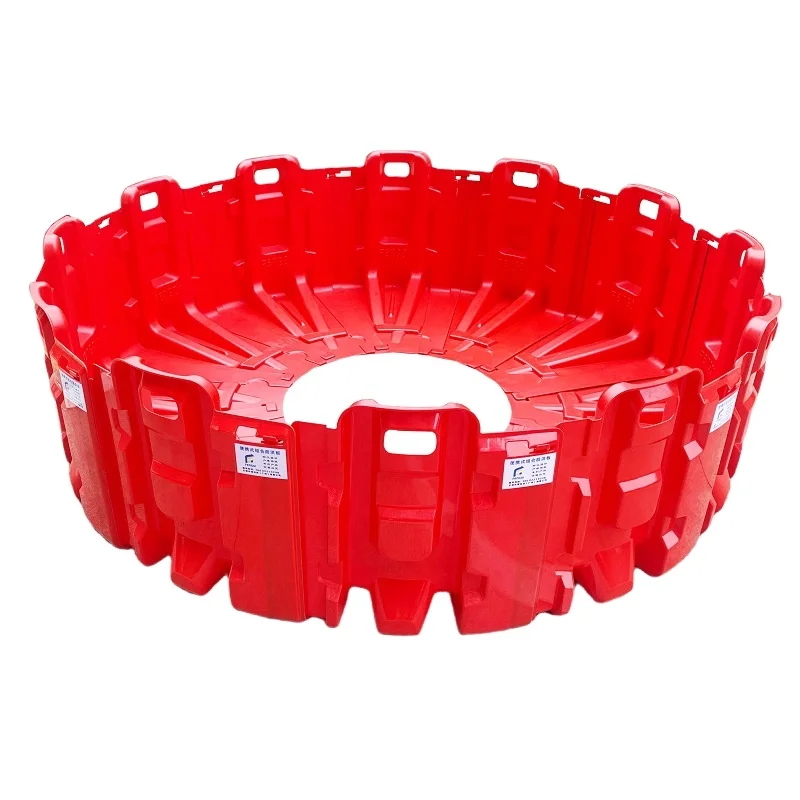
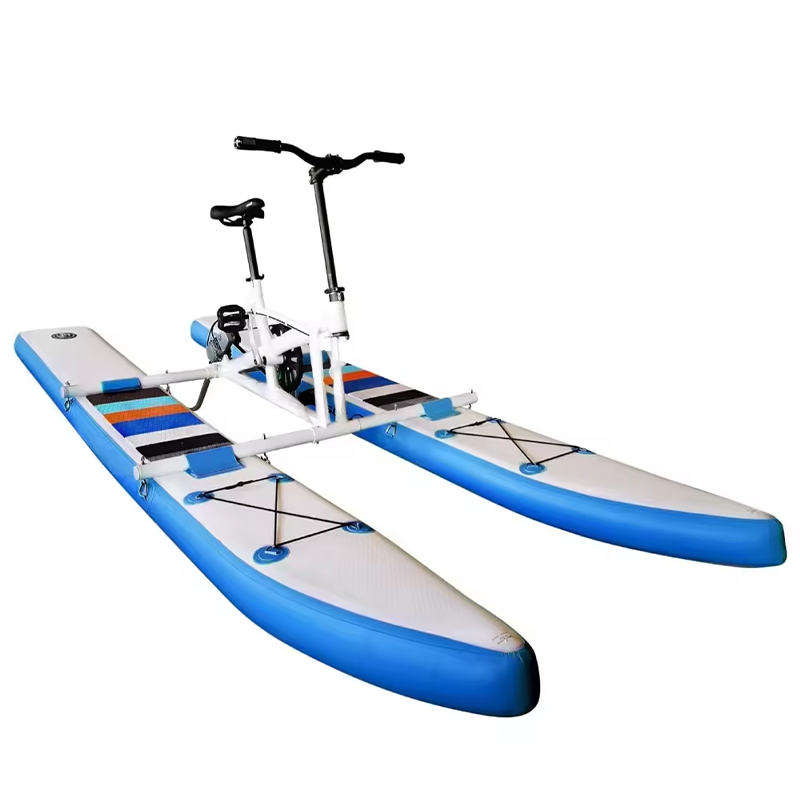
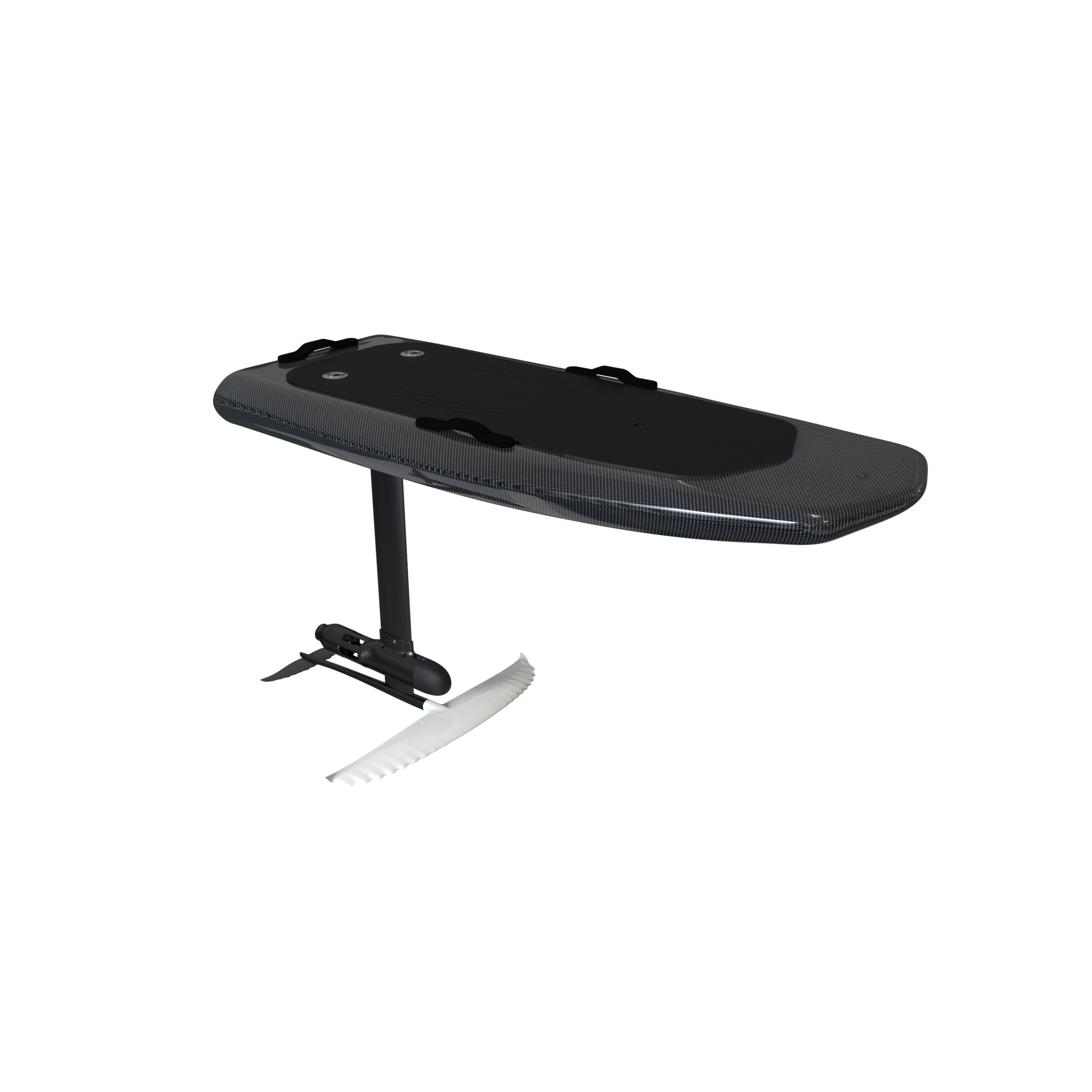
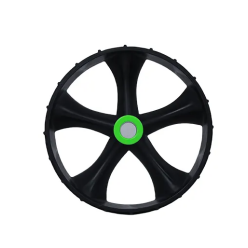

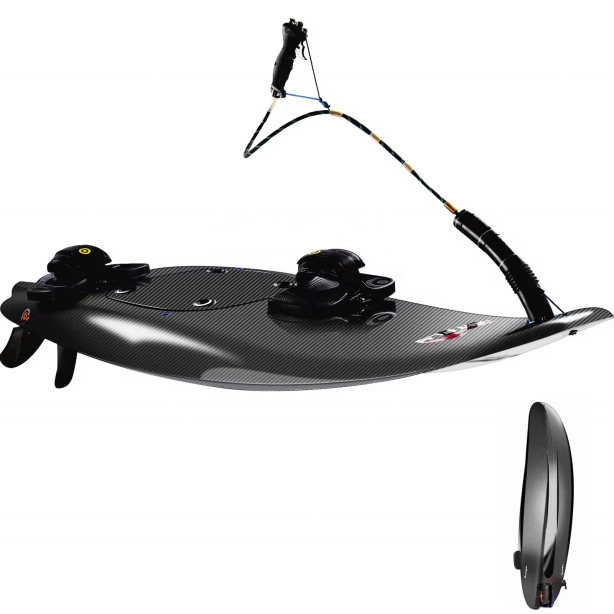
 Hot News
Hot News